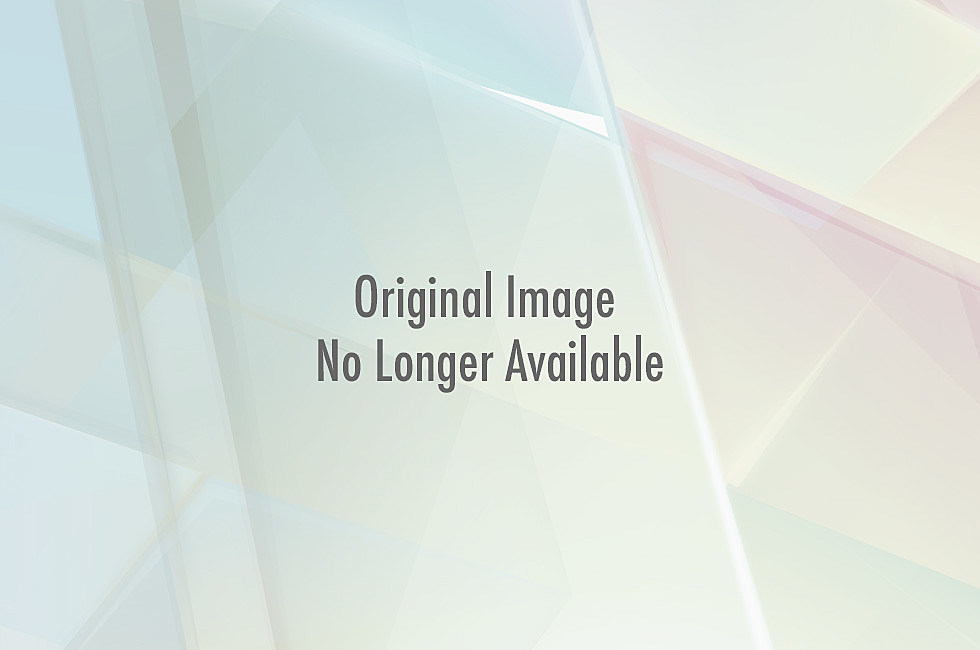Gangsta Party
 Cle "Bone†Sloan is like many in Hollywood, a familiar face with an unfamiliar name. Those familiar with director Antoine Fuqua films like The Replacement Killers and Tears of the Sun have seen Sloan's mean mug in the background, or they might also recognize him from his biggest role to date - a small time, reticent gangster, Bone in the movie, Training Day (He was the one who pointed the gun at Denzel at the end.) Now, the actor and loyal member of the Bloods, has stepped from in front of the camera to behind it. Tonight, February 6, HBO will premier Bastards of the Party. The movie tackles the subject of gangs in Los Angeles, demonstrating their natural progression after the Black Panthers movement dissolved. Sloan sat down with KING-MAG.com to explain his film, pointing a gun at Denzel, and why Boyz N the Hood is the only gangsta film that almost got it right.
Cle "Bone†Sloan is like many in Hollywood, a familiar face with an unfamiliar name. Those familiar with director Antoine Fuqua films like The Replacement Killers and Tears of the Sun have seen Sloan's mean mug in the background, or they might also recognize him from his biggest role to date - a small time, reticent gangster, Bone in the movie, Training Day (He was the one who pointed the gun at Denzel at the end.) Now, the actor and loyal member of the Bloods, has stepped from in front of the camera to behind it. Tonight, February 6, HBO will premier Bastards of the Party. The movie tackles the subject of gangs in Los Angeles, demonstrating their natural progression after the Black Panthers movement dissolved. Sloan sat down with KING-MAG.com to explain his film, pointing a gun at Denzel, and why Boyz N the Hood is the only gangsta film that almost got it right.
KING-MAG.com: So how long have you been a non-active member of the Bloods?
Bone: I'd say it started about '99, '98 when I really started trying to walk it like I talk it.
So why did decide to you leave? Wasn't your thing?
I didn't leave, I just found something else to do with my time, thank God. Nevertheless, I just stopped participating in the killings and the criminal activities. It's a social thing, and I kept my credibility. You know, these guys are my friends, and to call myself an ex and just walk away, it'd be a waste...the only reason we're actually talking right now is because I've stayed in and stayed so close [to the Bloods]. I was able to make this film because I stayed so close to them.
And what compelled you to make this documentary?
You know, man, there's just so much misinformation about things like L.A. black gangs. People are so incompetently wrong about them. And once I started learning the things I've learned, I wanted to make the knowledge accessible and easy for people to get. Learning that the Crips came from the Black Panthers was just jarring to me.
It's interesting that you just mentioned the Crips, because if my memory serves me correctly, Bloods and Crips don't usually get along al that well. How did you get Crips to appear in your documentary?
Yeah, I filmed in South Park, which is notorious as a Crip stronghold. I went there and told them that I wanted to make a film, and they said, ‘Yeah, I respect what you're trying to do.'
And they didn't have any problems with that?
Well, we negotiated a couple weeks before I went in, so they knew I was coming. But it took a lot of dialogue. I talked to some of the elders, and a lot of their nephews were members of the Crips over in South Park. So we had about a week of negotiations and we just worked it out. My homies were totally against it. They thought I was crazy for going over there, but I knew I had to get the Crips' perspective, too.
So how did you come in contact with Antoine Fuqua? Were you guy's boys before?
Naw, he put me in a Miller Draft commercial. And when I say I literally stepped out of jail and on the set, I LITERALLY stepped out of jail and on the set. He put me in this commercial, and I ate off it for a whole year. It was a national spot. Antoine called me back later in 2001, and that's when we did Training Day.
How did you get Antoine involved with this project?
Well, I opened up my whole neighborhood to him for Training Day, and afterwards, we just kept in contact. I actually showed him 15 minutes of Bastards in the beginning, and he was like, "You have to finish this film,†and I was like, 'Well, you gotta help me [then], I can't do this by myself.' So that's when he started writing the checks, and that's when I started getting the editors involved.
Your name in Training Day was actually Bone. Is that your gang name, or was that just your name in the movie?
Yeah, that's a funny thing, because in the script, my name was Red. But as we were shooting it, Denzel rehearsed it one day, and he just called me Bone and I rolled with it. I guess he was so in character that he just felt it better calling me Bone.
At the end of Training Day, you actually point a gun at Denzel's head. What was that like?
That was pretty trippy. That whole situation was just a great experience. I put 156 Bloods in that movie and 28 Crips. So that whole situation was just a powerful moment in my life. But putting a gun to Denzel's head, yeah, that was trippy.
In the 1990s, there was a surge of movies on gang life, like Boyz N the Hood and Juice. Do you think any of those movies got it right?
Well, for me, I'm too close; you know what I'm saying? For me, they'll never get it right. It's like asking a Vietnam vet about Platoon – some of them loved it, some of them hated it. So that's why it's hard for me to watch those films. I think Boyz N the Hood got a lot of things right, though. The most powerful scene in the movie to me is at the end. It's like, "Either people don't know what's going on in the ‘hood, or they just don't care." And after seeing that film, it made me think, is the rest of the country going through this, or is it just us?
You actually started out pretty young in your thug life. What made you want to become a Blood at 12?
Well, you know. I did everything in Athens Park (a local hang out spot for the Bloods). I used to hang out there from morning to night, and that was the great thing about the park. The park had a dark side, too, though. It had these gangs. And I knew the guys there but didn't know they were gang members, you feel me? So I naturally sort of gravitated towards these guys. So I really wouldn't say I made the choice, I just decided to defend the people I cared about.
Have you ever thought of writing a book about your experiences?
I'm actually writing a book right now. It's the companion piece to Bastards. After going to jail and studying up on the subject of gangs, and talking, and talking, and talking about it, my homies were like, "We're sick of hearing you talk about it, why don't you just write a book?†And my ongoing joke with them was, 'Yeah, but if I write a book, you ain't going to read it.' So I made the film for them so they could watch it.
When people see this, what message do you want to come across?
That the situation is much bigger and more complex than you'll ever understand. This documentary is criticizing [the media] and[the gang members]. It's a new reference point, man, and I hope it's seen that way. - Rich B. Knight
***BASTARDS OF THE PARTY debuts TUESDAY, FEB. 6 (10:00-11:45 p.m. ET/PT), exclusively on HBO.
More From King








